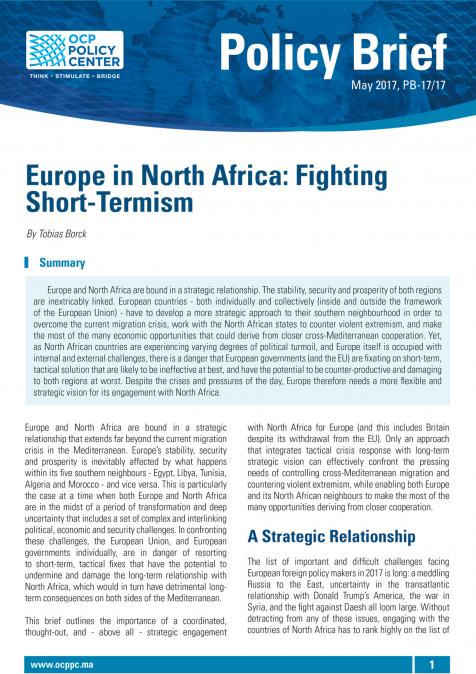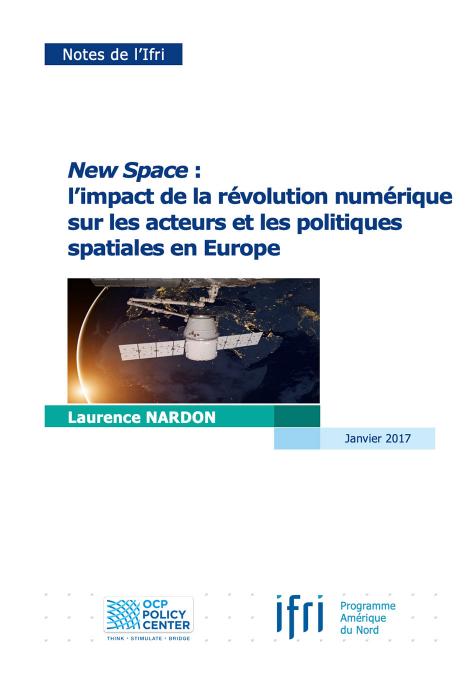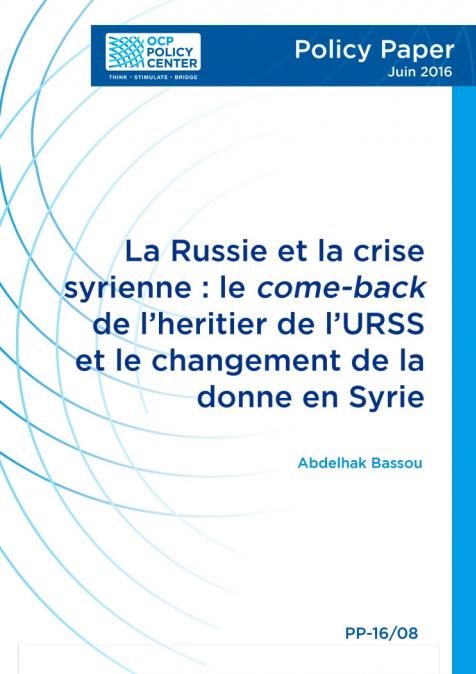Publications /
Opinion
On the eve of the final negotiations on ‘‘future relations’’, an agreement between the United Kingdom and the European Union (EU) seems likely.
First of all, London sees American support vanishing: unlike Donald Trump, President-elect Joe Biden is against Brexit. He announced that a USA-United Kingdom trade agreement would be ruled out if a ‘‘hard border’’ was re-established between the two Irelands. However, this is precisely what an exit without an agreement would imply: Northern Ireland would become a non-EU territory subject to customs controls for its trade with Dublin.
A trade agreement with the United States will be essential to enhance the value of Brexit. The American election is thus narrowing British room for maneuver. The signing of an agreement is all the more likely today because, even without the arrival of a new president in the United States, an exit without an agreement would have been, in reality, unlikely.
The real reason lies in the « incentives » weighing on the European Union and the United Kingdom. Both sides would lose out because of the obstacles that would suddenly disrupt their trade. After 47 years of membership, this trade has become multifaceted. Loosening such links calls for a thousand precautions. Possible with an agreement, impossible without it.
It does not matter how the damage is distributed: it would be a lose-lose outcome. In the midst of the Covid-19 crisis, public opinion would not understand.
Furthermore, London will chair two major international meetings in 2021: the G7 Summit and the Climate Conference (COP26). To make a diplomatic splash, Johnson will need American and European support.
The key point to be decoded lies in the profile of the Prime Minister. If he has displayed a close rapprochement with Trump, which has become too heavy to bear since November 3, this does not mean that the political equation of the two leaders is identical. PM Johnson is part of the British elite. As a good biographer of Churchill, he is simply making use of the « right to eccentricity » that this elite has long claimed. This right is synonymous with freedom of mind, not a refusal of reality. Johnson’s « populism » is relative: in the 2016 referendum, he only opted for Brexit at the last moment. And he was quick to acknowledge Biden’s election.
In reality, PM Johnson is the man of the « solution of a problem », the problem in which his predecessor Teresa May became entangled. The problem is this: how to make the (heavy) concessions necessary for a deal without hurting British pride?
A daunting puzzle: by leaving the European Union, London loses its say on the matter, without really getting rid of the European rules, which are key to the indispensable access to the European market. How can this ambivalent result, which does not correspond to the prospects promised by the Brexiters to the voters, be masked?
Only one method is possible: it consists in strongly promoting, vis-à-vis national public opinion, and by all means, the few concessions that London will have snatched away. At the same time, those concessions granted in return will be minimized. This method is familiar to national ministers negotiating in Brussels when they are exposed at home to the overbidding of lobbies. Johnson is familiar with the process, having been a press correspondent in Brussels. He has decided to use it on a large scale. This is his « secret ».
One tactic is to raise tension before a meeting to appear inflexible. This is what London did in 2019 with the divorce agreement, which was signed in extremis and ratified by the House of Commons by a large majority. To add spice to the exercise, threats can be agitated. The more provocative they are, the greater the media impact will be. This is how the famous plan to no longer respect “the past agreements” must be understood. The storm raised in the British Parliament, far from being an inconvenience, serves Johnson’s tactics.
The only concern is: how far to « go too far ». To avoid a break-up, we must remain realistic and discreetly let go of the necessary concessions. Because he is a populist by adoption and not by tradition, Boris Johnson is capable of doing so.








